I grew up on a farm where we raised a lot of our own food, including the meat we ate from our own animals. I can’t remember ever having any ethical or moral issues in my mind or conscience about raising animals for food or eating meat in general. We weren’t a very religious family in the church-going sense, but we did believe that God made all things, including providing food and animals for eating.
Eating meat was always a normal part of life, and this included the animals we raised having to eventually die so we could be sustained with protein. This seemed totally normal to me. I was never really forced to consider the ethical implications of eating meat, nor did I have to defend my beliefs or my choice to eat meat to others. Only later in life did that ever become a factor.
As an adult, I worked for seven years in a beef fabrication plant that processed hanging beef sides into sub-primals, steaks and grinds. Most the beef we sourced was slaughtered in a kosher plant, so we expanded into kosher beef production with Israeli-trained rabbis working alongside our meat cutters. The rabbis came into our plant four days a week, and I had many chances to talk with some of them about their beliefs, convictions and training. We also started processing halal beef, and I worked closely with the halal certification agency to set up our halal program.
Producing and selling kosher and halal beef afforded me a broad exposure to people of different faiths, and I hold faith convictions of my own. I discovered that the rich, long-held traditions of eating meat, including slaughtering and processing methodologies is critically important for many people of faith. By selling kosher beef and halal beef to customers of faiths that I otherwise never would have met, I’ve begun to learn not only how their convictions prescribe the proper handing of meat, but why.
In my next series of blogs, I’ll be seeking to engage in a discussion about how our religious convictions, or lack of any, affect our decision to eat meat. Though discussing religion can be a socially awkward topic, it can be beneficial to our understanding of how it effects food production, in the context of a rational and peaceful discussion.
In a forthcoming blog, I’ll be considering kosher and halal processing and the faith-based convictions that each hold that drive their meat-eating decisions. Why do they continue to hold to the ancient traditions they practice? Why do some kosher programs only allow the chuck and rib portions of the beef carcass to be consumed? Why is the demand for halal meat production increasing so rapidly? I’ll also discuss how kosher and halal programs can work side by side in a complimentary fashion for beef production.
After that, I’ll devote a blog to reviewing the newly published book, “What Would Jesus Really Eat: The Biblical Case for Eating Meat.” You can find that book by clicking here if you’re interested in reading it and commenting on it.
Finally, I’ll be examining the position of a growing number of people, some religious and some secular, that eating meat is immoral and unethical. Some quietly refrain from eating meat because of personal sensitivities or because it bothers their consciences. But others feel compelled to more loudly advocate that all consumers should discontinue eating meat on moral grounds, and feel justified in attempting to impose their convictions on others. I’d like to initiate a discussion on how to best interact with this group of consumers.
It’s obviously a very different world now than it was in the 70’s and 80’s when I was growing up on the farm. Back then, no one seemed to challenge the ethics of eating meat. Today, polarizing belief systems complicate the landscape in ways that are hard to predict.


1 comment
You expressed it so beautifully: “For many people of religion, the rich, long-held traditions of consuming meat, including killing and processing procedures, are very significant.” My son’s Myslim friends are coming to our house for a sleepover later tonight and I want to honor their religion and belief by only serving them food that their own parents would. I just hope I can find some gourmet halal burgers last minute just to put a smile on their faces. Maybe I’ll even throw in some friend and onion rings to go with it. https://oliveburger.com/halal-burgers-plano-tx